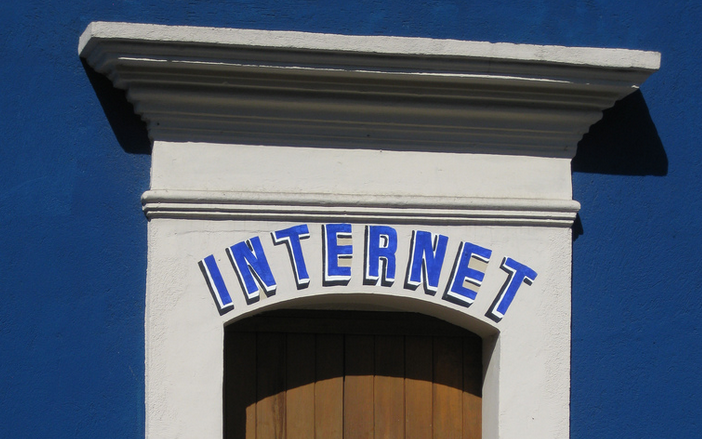FCC Chairman: Commission Should Approve Cities’ Requests To Preempt State Laws That Block Local Broadband
Chattanooga’s biggest claim to fame, in 2015, might be its super-fast, publicly-owned, gigabit fiber network. The model has been hailed as a triumph of modern technology and infrastructure by the White House and the FCC, but the network has been unable to expand because of a law on the books in Tennessee designed to tamp down public competition to private ISPs. Last year, the city asked the FCC to intervene so they could build out their network — and now, it looks like they’re going to get their wish.
The cities of Wilson, NC and Chattanooga, TN both filed petitions last year asking to be able to expand their existing municipal networks. But 19 states, including North Carolina and Tennessee, have industry-sponsored laws on the books that restrict or prohibit the building or expansion of public broadband networks.
Today, FCC chairman Tom Wheeler released a statement unambiguously giving a thumbs-up to the petitions from both cities, and asking the commission to vote in their favor:
Communities across the nation know that access to robust broadband is the key to their economic future — and the future of their citizens. … They should be able to make their own decisions about building the networks they need to thrive. After looking carefully at petitions by two community broadband providers asking the FCC to pre-empt provisions of state laws preventing expansion of their very successful networks, I recommend approval by the Commission so that these two forward-thinking cities can serve the many citizens clamoring for a better broadband future.
The statement is not a surprising one, but will certainly meet with extreme disapproval and loud noises from the major ISPs and the politicians to whose coffers they contribute. Wheeler has been saying since June that he believes the FCC both can and should pre-empt those state laws when a community chooses to build its own network, especially when it contributes to an environment of increased competition.
Earlier this month, the Obama administration joined the chorus singing the praises of competition, formally opposing restrictive state laws, and calling for the FCC to do something about it.
Wheeler is expected to circulate the proposed order to the other members of the FCC on February 5. The commission will vote on the proceeding as part of their open meeting on February 26. Fed-watchers generally expect the vote to come out on a partisan divide, with commissioners Clyburn and Rosenworcel joining chairman Wheeler and commissioners O’Rielly and Pai dissenting.
Although the vote would allow Wilson and Chattanooga specifically to build out their own networks in defiance of the North Carolina and Tennessee laws, it would not broadly overturn laws in those or any other states. Each city wishing to build or expand a municipal network would have to go through its own process and file its own petition.
Several members of the Senate have introduced a bill that would outright block states from blocking local broadband projects, which would make further FCC actions unnecessary, but GovTrack gives that about a 2% chance of ever becoming law.
Want more consumer news? Visit our parent organization, Consumer Reports, for the latest on scams, recalls, and other consumer issues.


